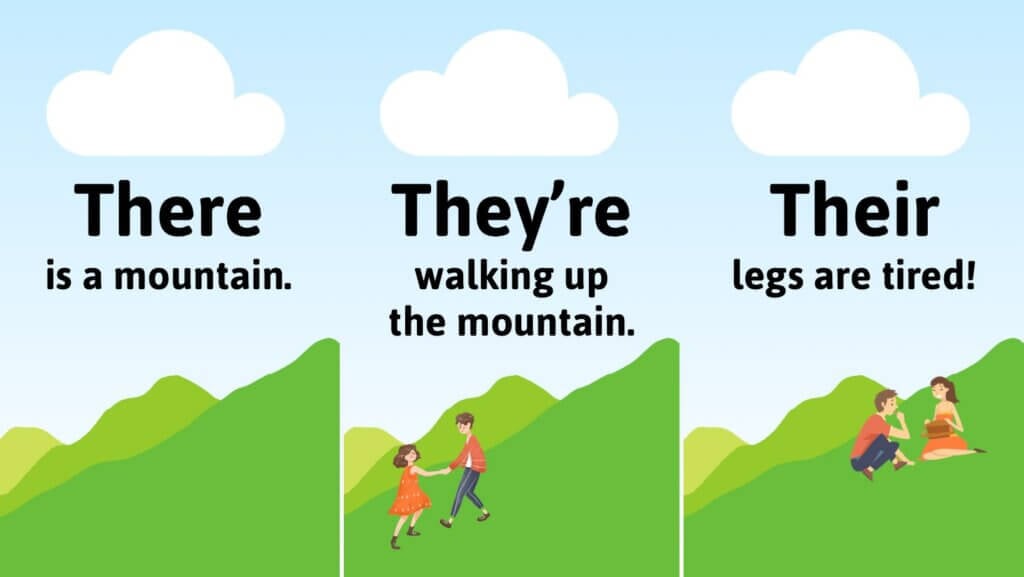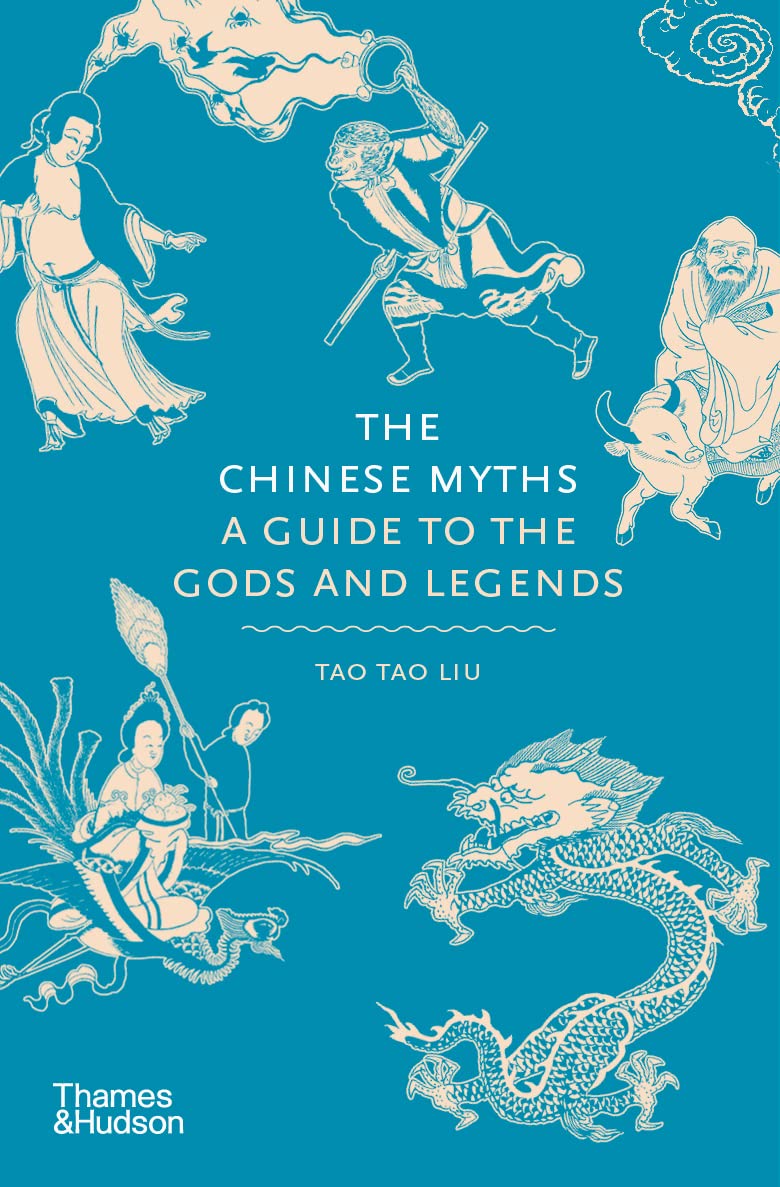Are Females Better Than Males? A Debate on Gender and Biology
In contemporary discourse surrounding gender studies, a provocative question often emerges: Are females better than males? This inquiry not only stimulates intellectual debate but also invites examination through the lens of cultural relativism. The juxtaposition of biological differences against socially constructed gender roles provides fertile ground for a nuanced exploration of gender superiority. Initially, it … Read more








